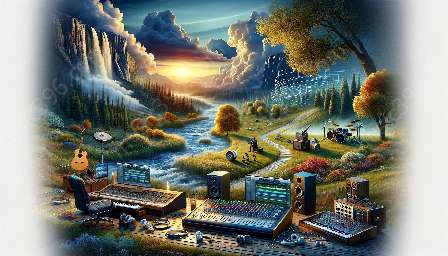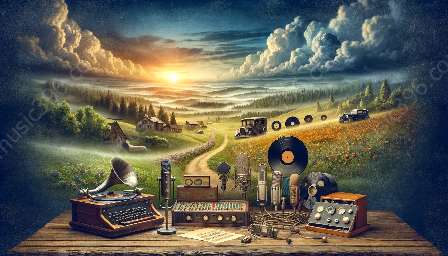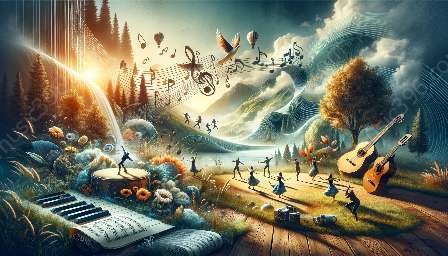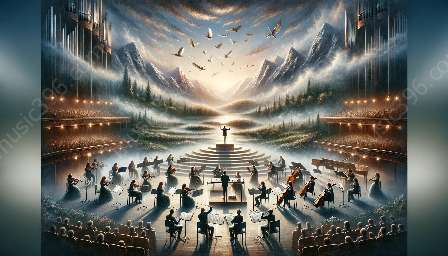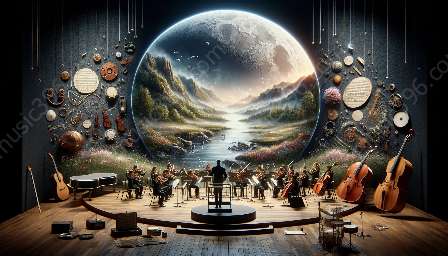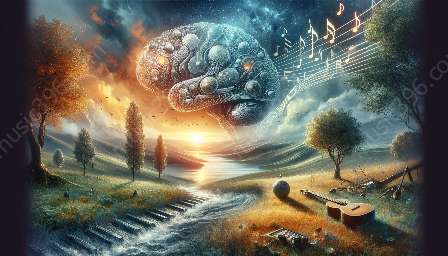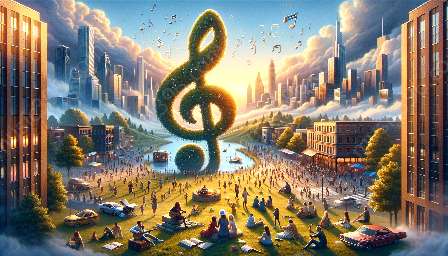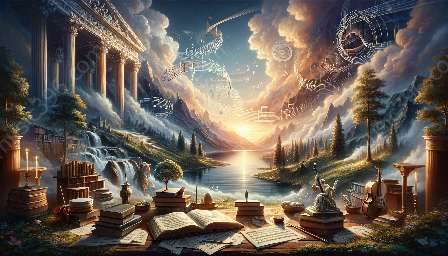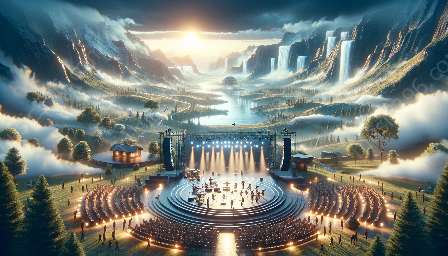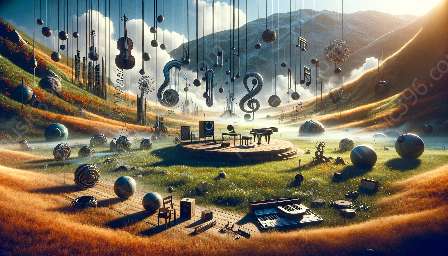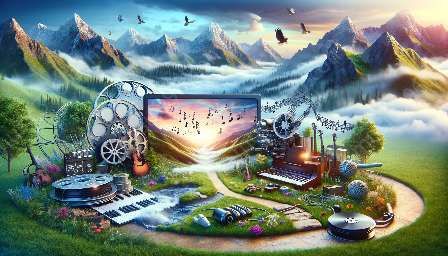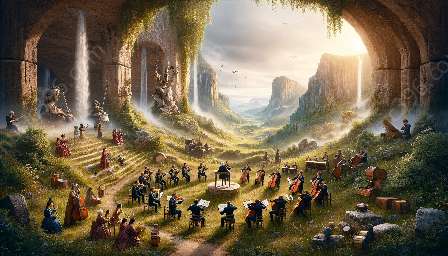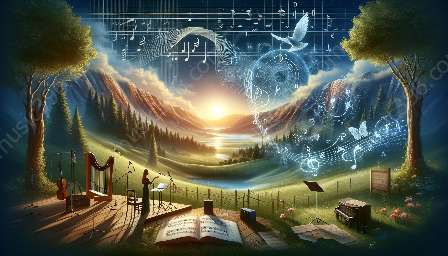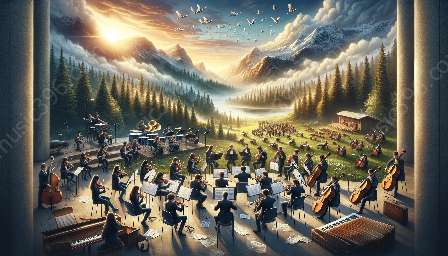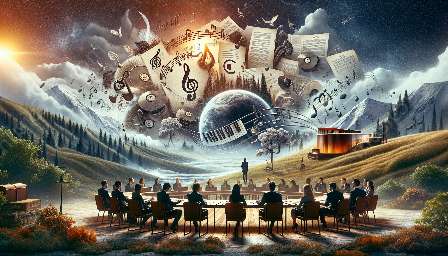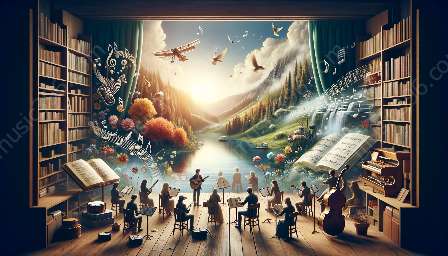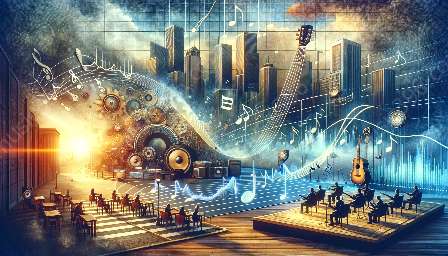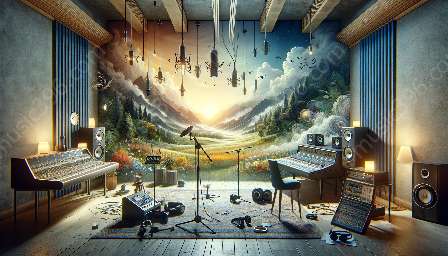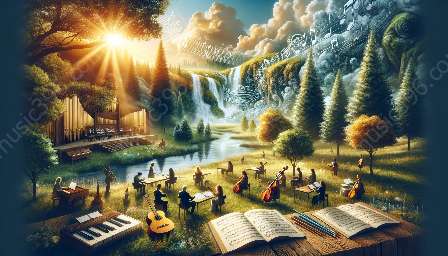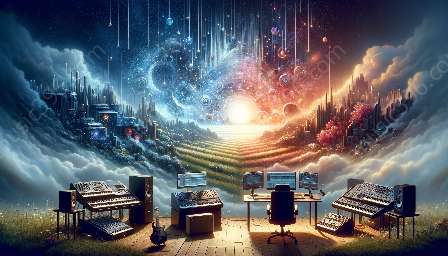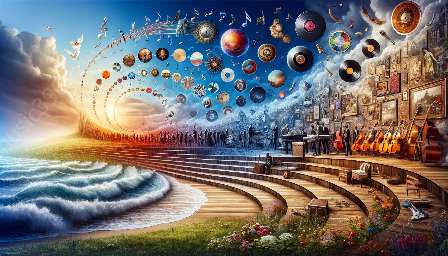Music has a profound impact on the way we perceive time and pacing in movies. It has the ability to evoke emotions, build tension, and create a rhythmic flow that can greatly influence our experience of a film. This article explores the role of music in film and television, its impact on time perception, and provides references to notable music scores and composers.
The Role of Music in Film and Television
Music is an essential element of storytelling in film and television. It serves as a powerful tool for enhancing the emotional impact of scenes, shaping the narrative, and creating an immersive atmosphere for the audience. Whether through the use of original scores or carefully selected pre-existing music, composers and filmmakers collaborate to carefully tailor the sonic landscape to complement the visual storytelling.
How Music Impacts Time Perception
Music has the ability to manipulate our perception of time. When watching a movie, the emotional cues provided by the music can alter our sense of time passing. For example, a suspenseful score can make time feel as if it is slowing down, heightening the tension and anticipation of a scene. Conversely, an uplifting, energetic piece of music can make time seem to fly by, creating a sense of dynamism and urgency in the storytelling.
Furthermore, music can establish a rhythm that dictates the pacing of a film. By setting the tempo and mood, the music directly influences the editing and pacing of scenes, guiding the audience through the narrative and controlling the ebb and flow of the story.
Notable Music Scores and Composers
Throughout cinematic history, there have been numerous iconic music scores and composers who have left a lasting impression on audiences. One such example is the work of John Williams, known for his legendary compositions for films such as "Star Wars," "Jurassic Park," and "Jaws." Williams' use of leitmotifs and powerful orchestration has played a crucial role in shaping the emotional resonance of these beloved films.
Another influential figure in the world of film music is Ennio Morricone, whose collaborations with director Sergio Leone resulted in timeless scores for spaghetti westerns like "The Good, the Bad and the Ugly." Morricone's use of unconventional instruments and evocative melodies has left an indelible mark on the genre.
In contemporary cinema, composers like Hans Zimmer have redefined the use of electronic and experimental sounds in film music, with iconic scores for movies such as "Inception," "Interstellar," and "The Dark Knight Trilogy." Zimmer's innovative approach to blending traditional orchestration with modern techniques has pushed the boundaries of what film music can achieve.
Conclusion
In conclusion, music plays a pivotal role in shaping the perception of time and pacing in movies. Through its ability to evoke emotions, manipulate the perception of time, and influence the narrative rhythm, music stands as an indispensable element of the cinematic experience. The collaborations between composers and filmmakers continue to yield iconic scores that resonate with audiences and elevate the storytelling power of film and television.






